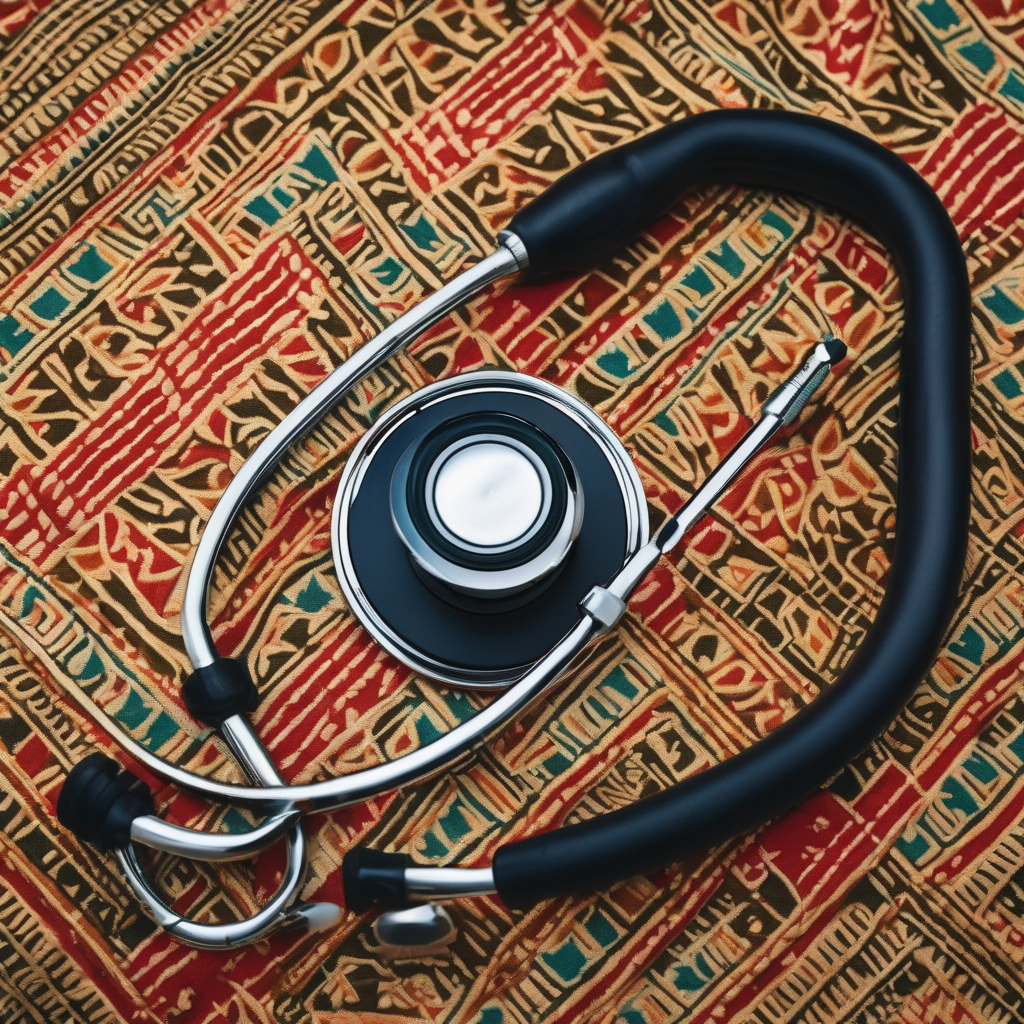The growing prevalence of Rheumatic Heart Disease (RHD) in Fiji, particularly among children, is emerging as a significant health concern. During a recent address at Hilton Special School to commemorate World Heart Day, Chief Medical Advisor Dr. Luisa Cikamatana highlighted this alarming trend, noting that nearly one child in every classroom is living with RHD. There are over 4,000 Fijians registered with this condition, with more than 70% being under the age of 30.
RHD ranks as the second leading cause of death for individuals aged five to 29 in Fiji, demanding over $19 million annually from the health system in hospitalizations and surgeries. Importantly, Dr. Cikamatana emphasized that RHD is preventable, urging families, schools, and communities to act swiftly by recognizing early symptoms, promptly treating sore throats, and increasing awareness. She also stressed the importance of extending care to children with disabilities, underlining that every child’s heartbeat carries equal significance.
In light of these statistics, Dr. Cikamatana has called for a unified effort among governments, non-governmental organizations, schools, and families to take preventative measures against RHD. She advocates for coordinated action to provide safe environments and ensure access to adequate healthcare, focusing on teaching children the importance of safeguarding their health.
The concerning situation in Fiji reflects a broader regional health challenge, aligning with reports from related initiatives. For instance, the manager of Heart Heroes Fiji, Erini Tokarua, recently addressed similar concerns, highlighting that RHD is endemic in the region and contributes significantly to young people’s mortality rates. Awareness campaigns and educational programs focusing on the condition have been emphasized as critical steps toward mitigating the disease.
Efforts like the World Heart Day celebrations and outreach programs underscore the urgent need for community involvement in addressing this crisis. As initiatives continue to raise awareness and improve healthcare services, there is hope for a healthier future for Fiji’s children. By focusing on prevention and early treatment, along with the necessary support structures, a collaborative approach could significantly reduce the impact of RHD and improve the lives of the younger population.
